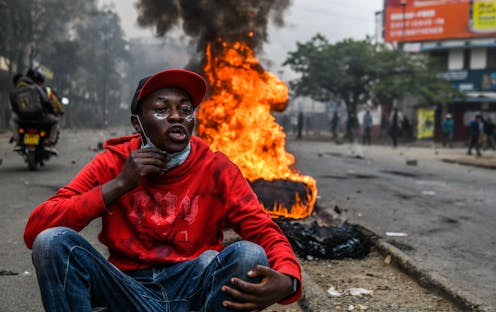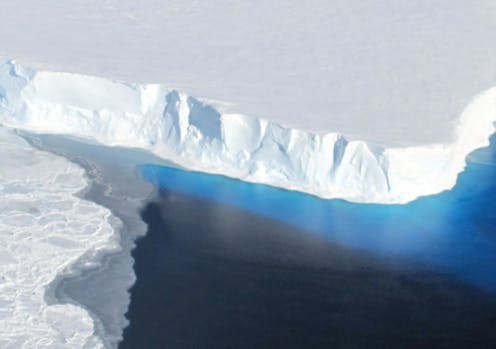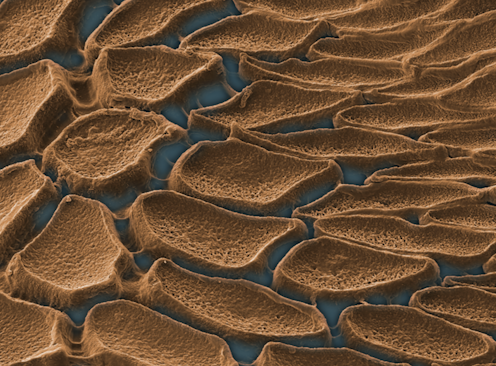Italian teenager Carlo Acutis’ upcoming canonization reflects the Vatican’s desire to appeal to a new generation of Catholics
- Written by Michael A. Di Giovine, Professor of Anthropology, West Chester University of Pennsylvania
 Carlo Acutis souvenirs displayed in a shop window in Assisi in June 2023. Michael Di Giovine, CC BY
Carlo Acutis souvenirs displayed in a shop window in Assisi in June 2023. Michael Di Giovine, CC BYThe Italian teenager Carlo Acutis, who died in 2006 of a rare form of leukemia at age 15, will soon become the Catholic Church’s first “millennial saint.”
Acutis was a computer programmer who created virtual exhibitions and databases...






